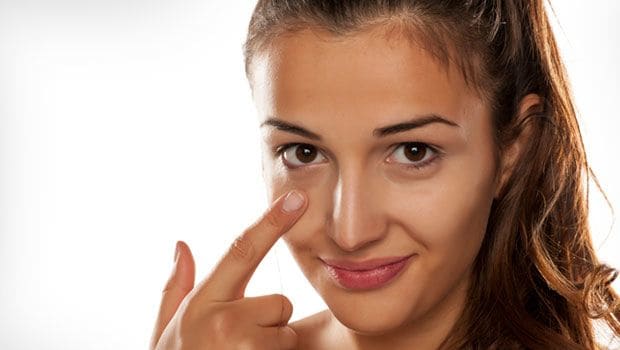Are you fed up of acne marks and scars, perhaps you need to make some tweaks to your diet and worry less. According to a latest research poor dietary habits, increased stress and harsh skincare routines were among the most significant factors associated with acne.
The research presented at the 28th European Academy of Dermatology and Venereology Congress in Madrid evaluated the exposure to different worsening factors on acne on more than 6,700 participants across six countries.
"For the first time, this study allows us to identify the most important exposome factors relating to acne from patient questioning prior to any treatment prescription," said the study's lead researcher Brigitte Dreno from the University Hospital of Nantes in France.
Diet is an important component of skin health. Refined food, dairy, sugary goods, greasy snacks were found to be detrimental to skin. According to the research, significantlymore individuals with acne (48.2 per cent) consumed dairy products daily compared to individuals who did not (38.8 per cent).
(Also Read: The Acne Diet: What to Eat and What to Avoid for Flawless Skin)
The research also indicated that difference was statistically significant for soda juices or syrups (35.6 per cent vs 31 per cent), pastries and chocolate (37 per cent vs 27.8 per cent) and sweets (29.7 per cent vs 19.1 per cent).
Surprisingly 11 per cent of acne sufferers consume whey proteins versus 7 per cent without acne and 11.9 per cent of acne sufferers consume anabolic steroids versus 3.2 per cent without acne.
Participants who were frequently exposed to pollution and stress also happened to witness more number acne breakouts as compared to control participants. Harsh skincare practices were more common in acne sufferers, the research revealed.
Interestingly, tobacco, which has previously been showed as a potential acne trigger, was not shown to have an influence.
(With inputs IANS)
(This content including advice provides generic information only. It is in no way a substitute for qualified medical opinion. Always consult a specialist or your own doctor for more information. NDTV does not claim responsibility for this information.)






